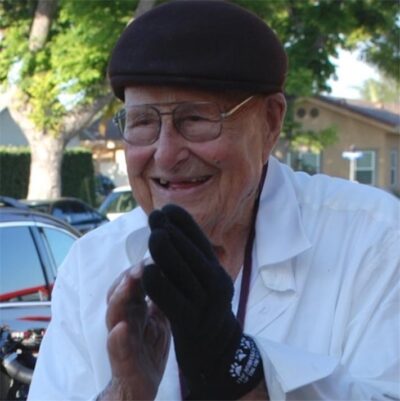By Muriel Mirak-Weissbach
Special to the Mirror-Spectator
FRANKFURT AM MAIN, Germany — In the year of the centenary of the Armenian genocide, numerous new books have appeared ranging from memoirs to historical studies and literary works. In Germany commemorations highlighted the role of Imperial Germany as the wartime ally of Ottoman Turkey and the Young Turk regime. Official commemorations in Berlin, from an ecumenical church service April 23, after which President Gauck spoke, to a historic Bundestag debate on the genocide on April 24, signaled recognition of the genocide at the highest political levels.
Without the pioneering work done by German researcher Wolfgang Gust and his wife Sigrid, in making available the official documents from the German Foreign Ministry archives during the First World War, such broad discussion of this crucial political chapter would be unthinkable, discussion which has included these bold initiatives in April on the part of political authorities, from the president to the Bundestag.
Over 30 prominent personalities came together from the United States, Europe, Turkey and Armenia to offer their congratulations to Wolfgang Gust on his 80th birthday, on April 9. In a gathering near Hamburg, where Gust and his wife reside, a group of close friends and associates presented him with a Festschrift. In German tradition, a Festschrift is a volume of greetings and scientific papers published in recognition of work of the celebrated person, in this case Wolfgang Gust. The book is titled Wolfgang Gust zum 80. Geburtstag:
“Was hat der Mensch dem Menschen Größeres zu geben als Wahrheit?” (ISBN: 978-3-934997-73-8).






